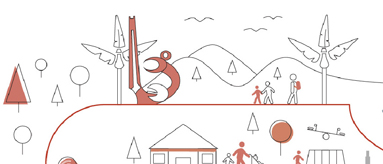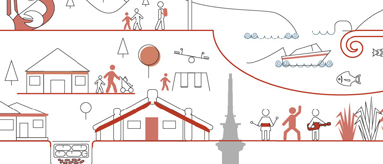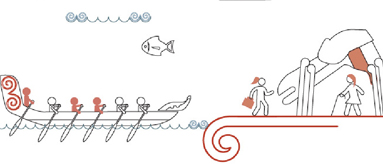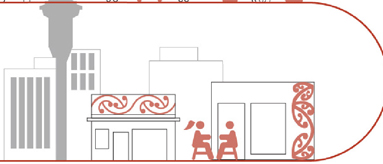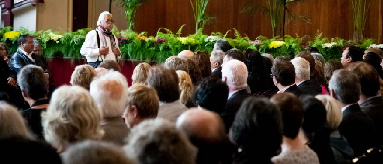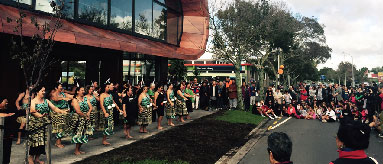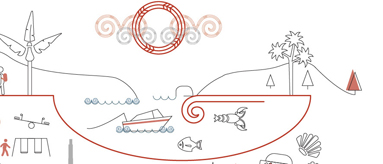We aim to advance and support MāoriIndigenous people of Aotearoa New Zealand. Māori incorporates mana whenua and mataawaka. business and iwiA number of hapū (section of a tribe) related through a common ancestor. organisations, ensuring they are significant drivers of Auckland's economy. Doing so will result in prosperity and opportunity for all.
Innovation and enterprise are two key elements of Māori success and have been a hallmark of Māori development since Māori first arrived in AotearoaNorth Island - now used as the Māori name for New Zealand..
Marginalisation of Māori and large land losses have had substantial effects on Māori economic progress over the past 170 years. However, Treaty settlements and strategic iwi investments now contribute to an increasingly strong economic base.
HapūA number of whānau sharing descent from a common ancestor; kinship group, sub-tribe. and iwi are enduring and perpetual, and have an intergenerational approach to investment outcomes. Their enterprises and activities will advance Māori wellbeing through economic development. This will also benefit Auckland's economy.
The Māori economy in Tāmaki MakaurauThe Māori name for Auckland. Translates to Tāmaki desired by many. is growing and thriving, but it is also complex.


